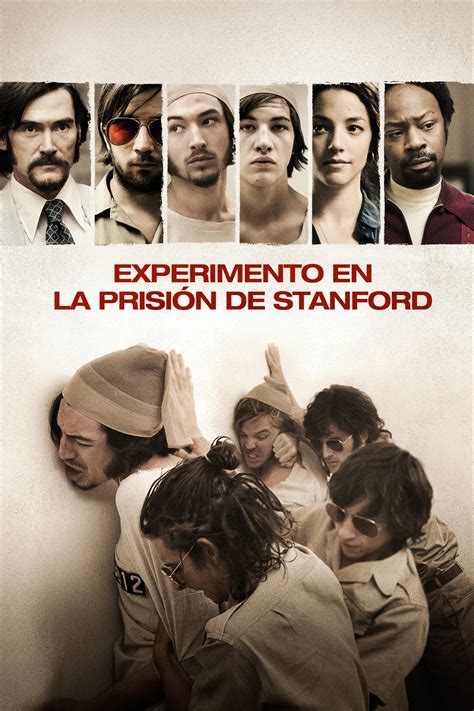The Stanford Prison Experiment

Description:
Based on true events, the Stanford Prison Experiment follows a group of college students who take on roles as prisoners and guards in a simulated prison environment. As the experiment spirals out of control, the line between reality and role-play blurs, leading to shocking and disturbing outcomes.Keywords:
Psychology, Authority, Conformity, Abuse, Power DynamicsHow accurate was the Stanford Prison Experiment movie?
Is the Stanford Prison Experiment worth watching?
"The Stanford Prison Experiment" is a compelling film that dramatizes the infamous 1971 psychological study led by Philip Zimbardo. It explores themes of authority, power dynamics, and the effects of situational behavior on individuals. The performances, particularly by Billy Crudup as Zimbardo and Ezra Miller as one of the participants, are strong and engaging. The film effectively raises ethical questions about psychological research and human nature. It's worth watching for those interested in psychology, social experiments, or moral dilemmas.
What happened at the end of the Stanford Prison Experiment movie?
At the end of "The Stanford Prison Experiment," the psychological effects of the study become evident as participants struggle with their roles. The situation escalates with guards becoming increasingly abusive and prisoners showing signs of extreme distress and emotional breakdown. The experiment, originally intended to last two weeks, is terminated after just six days due to the alarming behavior and ethical concerns raised by researchers and outsiders. The film concludes by reflecting on the impact of the experiment and its implications for understanding authority and power dynamics.
Is the Stanford Prison Experiment a movie?
Yes, "The Stanford Prison Experiment" is a movie. Released in 2015, it is a dramatization of the real-life psychological study conducted in 1971 by psychologist Philip Zimbardo at Stanford University. The film explores the effects of perceived power and authority on behavior, depicting the interactions between participants assigned roles as guards and prisoners. It highlights the ethical concerns and psychological consequences of the experiment, which became infamous for its demonstration of the dark side of human nature.
Explore More Categories:
Meta Horror Biographical Crime Drama German Film Paranormal Forbidden Love Rural Workplace Discrimination Urban Landscape Alienation Feminism Renaissance Siege Slice Of Life Compassion Midlife Crisis Road Movie British Film Heroic Bloodshed Origin Story Meticulous Planning Political Dialogue Choir Naval Disaster Miracles Dwarves